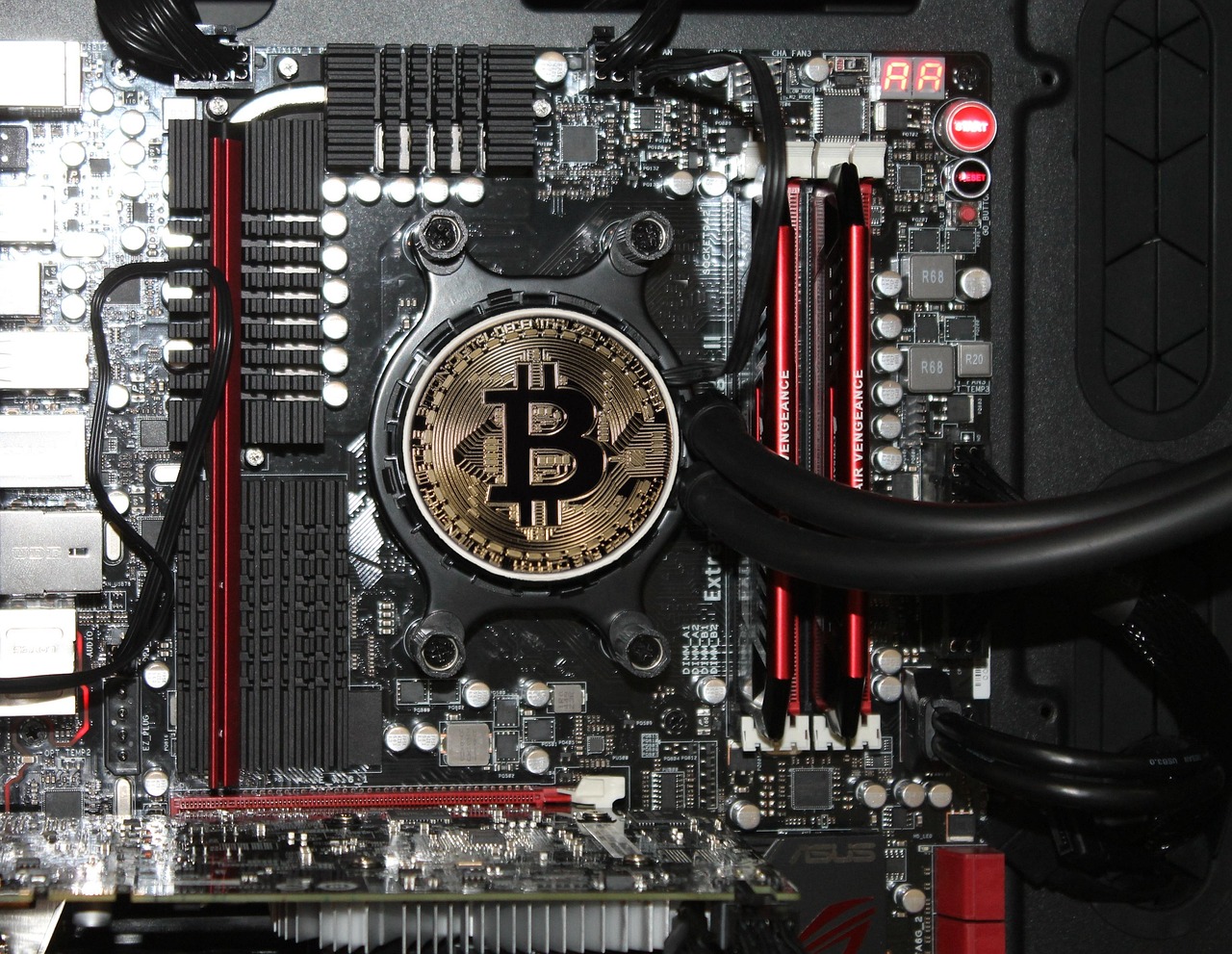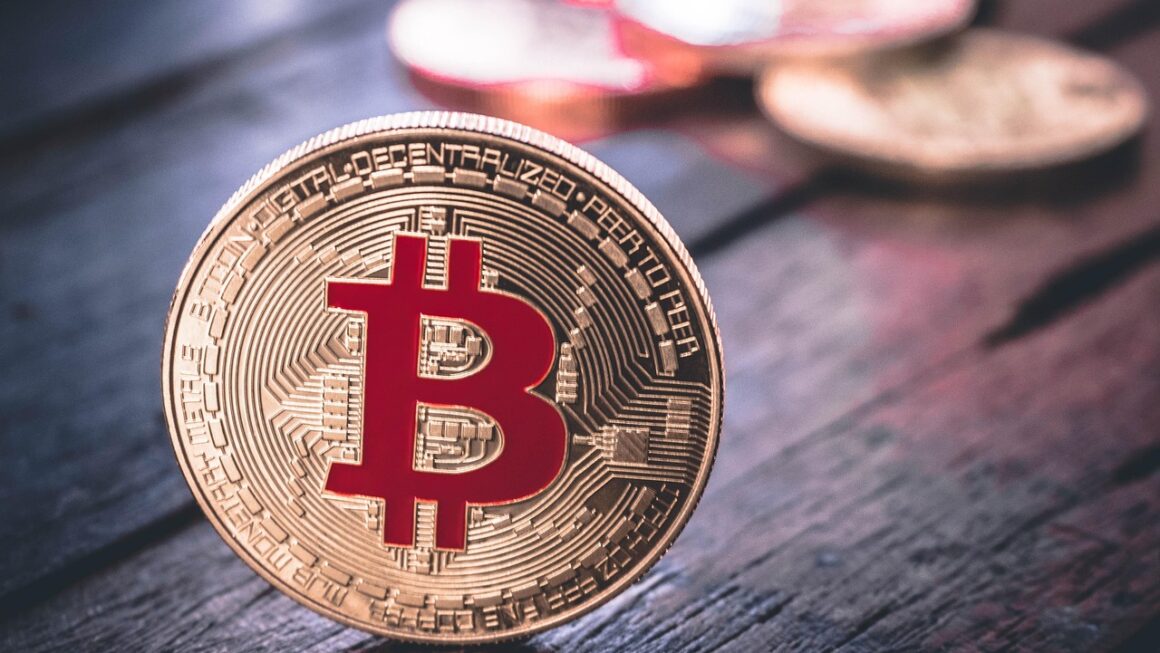
zk-rollups are revolutionizing Ethereum scaling solutions, offering a powerful combination of high throughput and robust security. They bundle hundreds of transactions into a single batch and execute them off-chain, while leveraging zero-knowledge proofs to guarantee the validity of these transactions back on the main Ethereum chain. This innovative approach significantly reduces gas fees and transaction times, paving the way for wider adoption of decentralized applications (dApps). Let’s delve deeper into the mechanics, benefits, and future of zk-rollups.
What are zk-Rollups?
The Core Concept
zk-rollups, short for zero-knowledge rollups, are a type of Layer-2 scaling solution designed to alleviate congestion and reduce transaction costs on the Ethereum blockchain. They achieve this by moving transaction execution off-chain, processing numerous transactions in batches, and then posting a concise cryptographic proof of validity to the main Ethereum chain. This proof, a zero-knowledge succinct non-interactive argument of knowledge (zk-SNARK) or zk-STARK, allows the Ethereum Virtual Machine (EVM) to verify the correctness of all off-chain transactions without re-executing them.
How zk-Rollups Work
The process of how zk-rollups function can be broken down into the following steps:
zk-SNARKs vs. zk-STARKs
While both zk-SNARKs and zk-STARKs are types of zero-knowledge proofs, they differ significantly in their underlying cryptography and properties:
- zk-SNARKs (Succinct Non-Interactive Argument of Knowledge): These proofs are smaller and faster to verify, but they require a trusted setup. The trusted setup involves generating cryptographic parameters that, if compromised, could allow the creation of fraudulent proofs.
- zk-STARKs (Scalable Transparent Argument of Knowledge): zk-STARKs are transparent, meaning they don’t require a trusted setup, eliminating a potential security risk. However, they are typically larger and slower to verify compared to zk-SNARKs.
The choice between zk-SNARKs and zk-STARKs depends on the specific requirements of the zk-rollup, weighing the trade-offs between proof size, verification time, and security considerations.
Benefits of zk-Rollups
Scalability Improvements
zk-rollups significantly enhance Ethereum’s scalability by processing transactions off-chain. By bundling hundreds or even thousands of transactions into a single batch verified by a single proof on the main chain, zk-rollups drastically increase throughput. This leads to a substantial reduction in transaction fees, making dApps more accessible and usable for a wider audience.
Reduced Gas Fees
The primary driver behind the adoption of zk-rollups is the dramatic reduction in gas fees. Instead of paying gas for each individual transaction processed on the main chain, users share the cost of verifying a single proof across many transactions. This can result in gas fee reductions of up to 90% compared to transacting directly on Ethereum.
Enhanced Security
zk-rollups inherit Ethereum’s robust security. Because the validity proofs are verified by a smart contract on the main chain, the security of the zk-rollup is tied to the security of Ethereum itself. This ensures that funds and data within the zk-rollup are protected by the same cryptographic guarantees as Ethereum’s mainnet. Furthermore, the cryptographic proofs themselves prevent fraudulent transactions from being included in the rollup’s state.
Faster Transaction Speeds
Processing transactions off-chain leads to significantly faster transaction speeds compared to transacting directly on Ethereum. Users no longer need to wait for each transaction to be individually confirmed by the Ethereum network. Instead, transactions are processed quickly off-chain and then verified in bulk through the proof on the main chain.
Challenges and Considerations
Computational Complexity
Generating zero-knowledge proofs is computationally intensive. The computational overhead associated with generating these proofs can be a significant barrier to entry for smaller projects. Efficient hardware and optimized algorithms are crucial for minimizing the proof generation time and cost.
Development Complexity
Developing and deploying zk-rollups requires specialized expertise in cryptography, smart contracts, and off-chain infrastructure. The complexity of the technology can make it challenging for developers to build and maintain zk-rollup based solutions.
EVM Compatibility
While efforts are underway to improve EVM compatibility, many zk-rollups currently have limited support for executing arbitrary smart contracts directly. This can restrict the types of dApps that can be easily migrated to and operated within a zk-rollup environment. However, projects are actively developing “EVM-equivalent” zk-rollups to overcome this limitation.
Data Availability
Ensuring data availability is a critical aspect of zk-rollup security. While the validity proof guarantees the correctness of the state transitions, users must be able to access the transaction data to reconstruct the state of the rollup if necessary. Different zk-rollup designs employ varying strategies for ensuring data availability, such as posting data on-chain or using data availability committees (DACs).
Practical Examples and Use Cases
zkSync
zkSync is a popular zk-rollup that focuses on facilitating fast and low-cost payments and token transfers on Ethereum. It leverages zk-SNARKs to provide strong security guarantees and offers a user-friendly experience for interacting with DeFi applications.
StarkWare
StarkWare develops zk-STARK-based scaling solutions for a variety of applications, including decentralized exchanges (DEXs) and gaming platforms. Their technology is used by projects like dYdX and Immutable X.
Loopring
Loopring is a zk-rollup-based decentralized exchange (DEX) protocol that offers high throughput and low fees for trading cryptocurrencies. It utilizes zk-SNARKs to ensure the security and efficiency of trades.
Potential Use Cases:
- Payments: zk-rollups can enable fast and low-cost payments, making them ideal for microtransactions and everyday use.
- Decentralized Exchanges (DEXs): They can significantly improve the performance and reduce the fees associated with trading on DEXs.
- Gaming: zk-rollups can support complex game mechanics and high transaction volumes in blockchain-based games.
- Supply Chain Management: They can provide a secure and transparent way to track goods and products throughout the supply chain.
Conclusion
zk-rollups represent a significant advancement in Ethereum scaling technology. By combining off-chain transaction execution with cryptographic proofs of validity, they offer a powerful solution for increasing throughput, reducing gas fees, and enhancing the overall user experience of decentralized applications. While challenges remain, ongoing research and development are steadily addressing these issues, paving the way for wider adoption of zk-rollups and a more scalable and efficient Ethereum ecosystem. As the technology matures and becomes more accessible, zk-rollups are poised to play a crucial role in bringing decentralized finance (DeFi) and other blockchain-based applications to the mainstream. The key takeaway is to keep a close watch on the evolution of zk-rollups, as they hold the potential to unlock a new era of scalability for Ethereum and the broader blockchain space.



